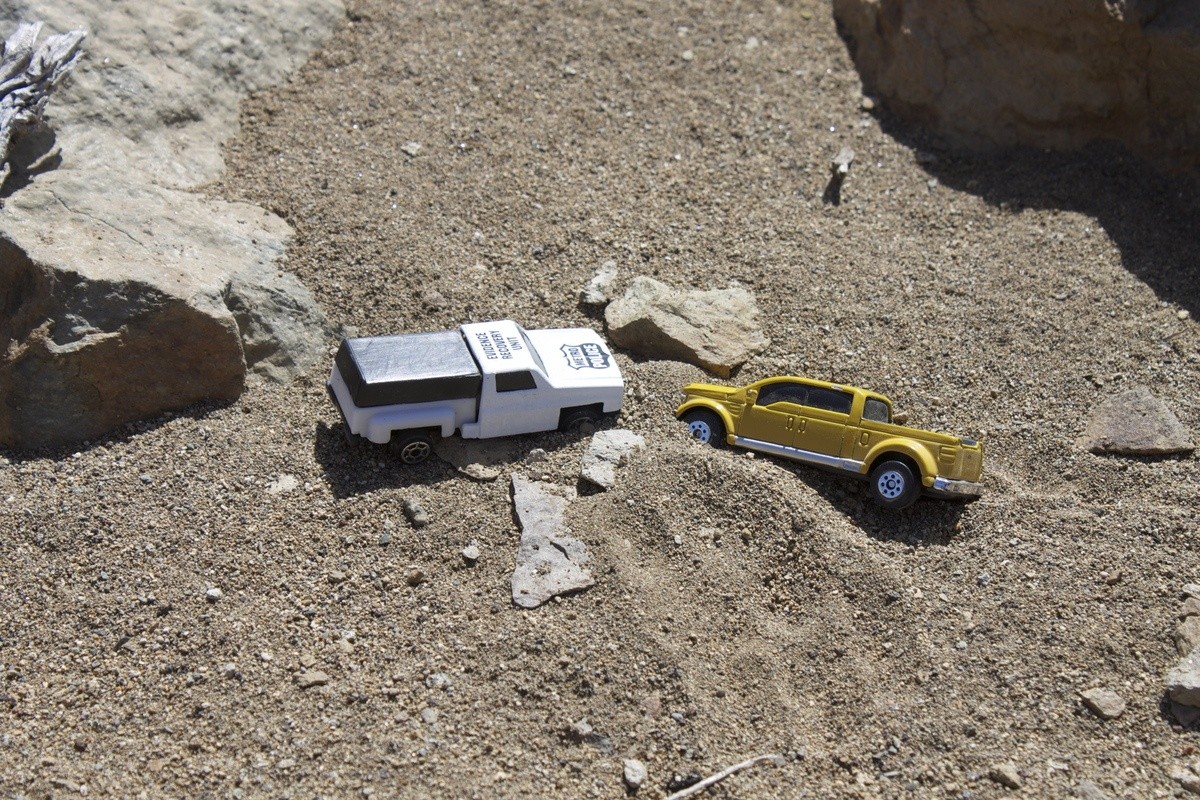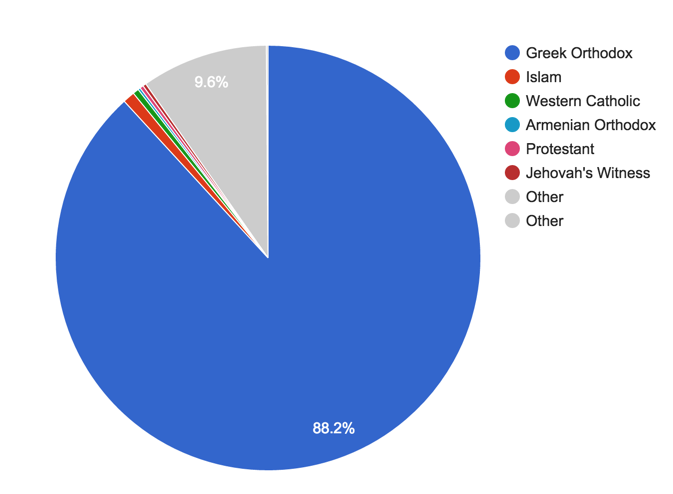Thanks to all respondents.
As Dimitris said, χάβρα is the colloquial Greek word for synagogue, typically derogatory (unsurprisingly 🙁 ). It is used in two expressions I know of:
(Antisemitism alert, with apologies to respondents)
1. As Dimitris also said, χάβρα Ιουδαίων, “a synagogue of the Judaeans”, meaning “confusion, free for all”. Pretty rich, you’d think, for Greeks to accuse Jews of something they freely practice. The word for Jews is not colloquial but learned, which makes me think the expression is pseudo-ecclesiastical, meant to sound like something said in church.
2. When Greeks say fuck (γαμώ) as an expression of anger towards someone, they pick a blasphemous target, to give it that extra taboo-breaking frisson. The targets are almost always internal to religion, and are always associated with the interlocutor. Thus, γαμώ το Χριστό σου “your Christ”. (Your Christ, not mine.) Similarly, την Παναγία σου “your Virgin Mary”.
Because Greece has been pretty much a monoculture religiously for a while, you don’t hear other religions targeted much. But from literature (Kazantzakis), I know the counterpart addressed to Muslims: γαμώ τα γένια του προφήτη σου “your prophet’s beard”.
When my dad was angry (which was rare), he’d say γαμώ τη χάβρα σου: “fuck your synagogue”.
No, my father is not, to the best of my knowledge, antisemitic. (Any more than the people who say “fuck your Christ” are atheists.) I’d be surprised if he even knows what a havra is. It’s just this thing he’d have heard people say.
The Triantafyllidis dictionary lazily derives Greek havra from Turkish havra: Λεξικό της κοινής νεοελληνικής. The Babiniotis dictionary goes further: < Turkish havra < Hebrew hebra.
Chi in Greek is of course /x/, so chavurah /xavurah/ and χάβρα /xavra/ are pretty damn similar; and it’s hard to tell whether the word went straight into Greek from Hebrew, or via Turkish.
[EDIT: Duh. Vowel Harmony. Turkish first.]
I’d never checked the etymology of χάβρα, and am glad that in between shunning Jews and ridiculing them, my people at least noticed their own word for a gathering.



